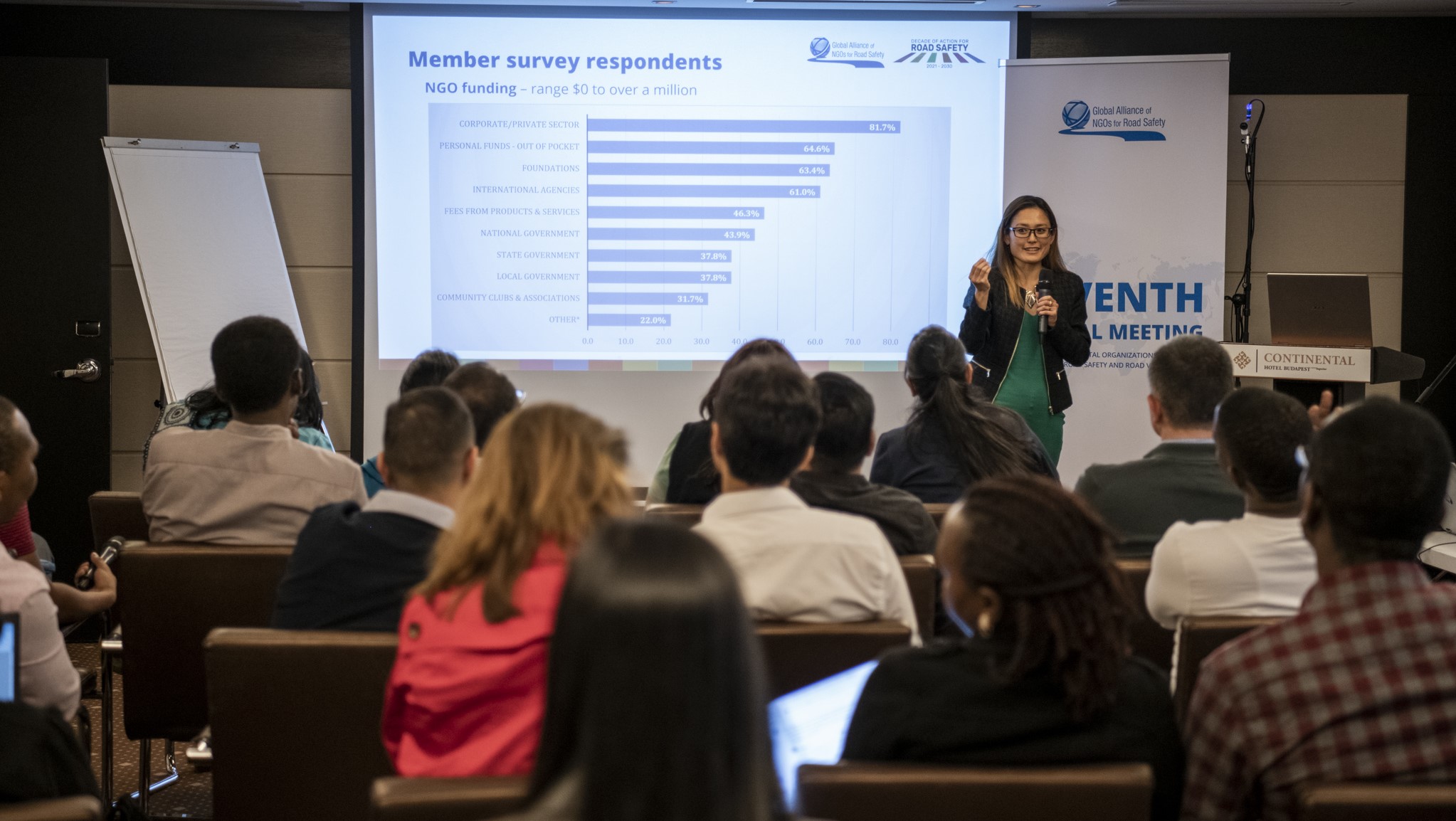
“Advocacy, commitments, funding, and implementation of interventions which do not reduce deaths and injuries are wasting time and resources,” said Chika Sakashita, the Alliance’s Director of Research and Accountability, in an Alliance opinion piece Accountability: what it means for governments and NGOs in road safety, published in 2023. Good road safety decisions and implementations are based on solid data and evidence that they will save lives.
A wide-body of evidence shows us how interventions such as 30 km/h zones, traffic calming, and pedestrian facilities, including footpaths and crossings, have reduced road deaths and injuries in a variety of countries and contexts. Find examples from around the world in our Priority Interventions. To convince decision makers to implement these proven actions in their own jurisdictions, NGOs may also need local data that show what road users face every day: concrete examples of unsafe journeys on specific streets in a community. This can help demonstrate the context where interventions are needed, build community demand, and overcome common objections that generic international evidence “isn’t relevant here.”
For NGOs, getting relevant, specific, credible data can be challenging. Accurate official data may not exist or might not be publicly available. NGOs often do not have the academic background and connections to undertake full-scale research studies themselves, nor the connections and resources to commission them.
It is in this context that the Alliance is launching the Mobility Snapshots. Convincing data doesn’t always have to be complicated. Counting the number of road users and recording what interventions to protect them are lacking are some of the simple ways that NGOs can gather useful data for advocacy.
At the center of data-driven grassroots advocacy are the people that use the roads, whether on foot, by bike, or in a car or truck. Combining measurable data with their experiences—through photographs, stories, interviews, and other mediums— puts a human face to a systemic issue, demonstrating the connection between the daily journeys we make and the lives that we live: school, work, shopping, caregiving, socializing.
Join us in our #CommitToAct Mobility Snapshot campaign from 20–26 May and be part of a global and local advocacy movement that is shining a light on the unsafe realities that people face every day and demanding that authorities #MakeitSafe by implementing proven interventions.